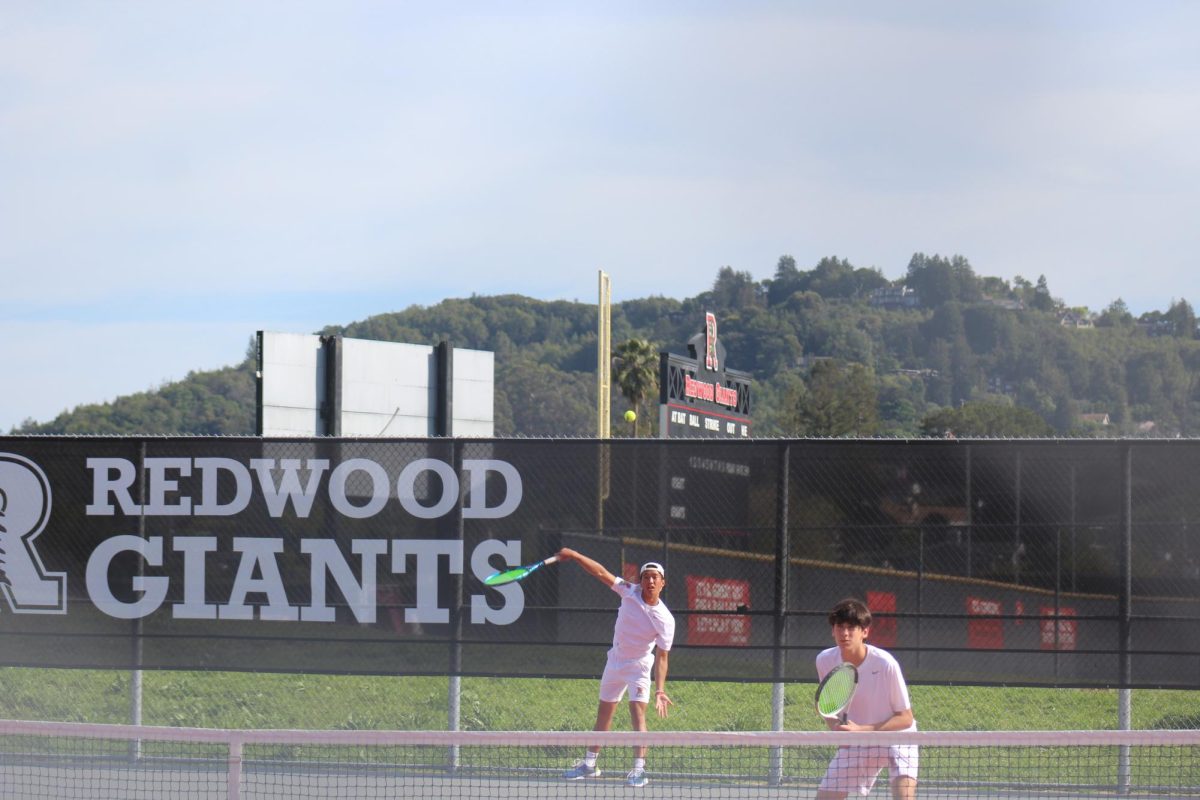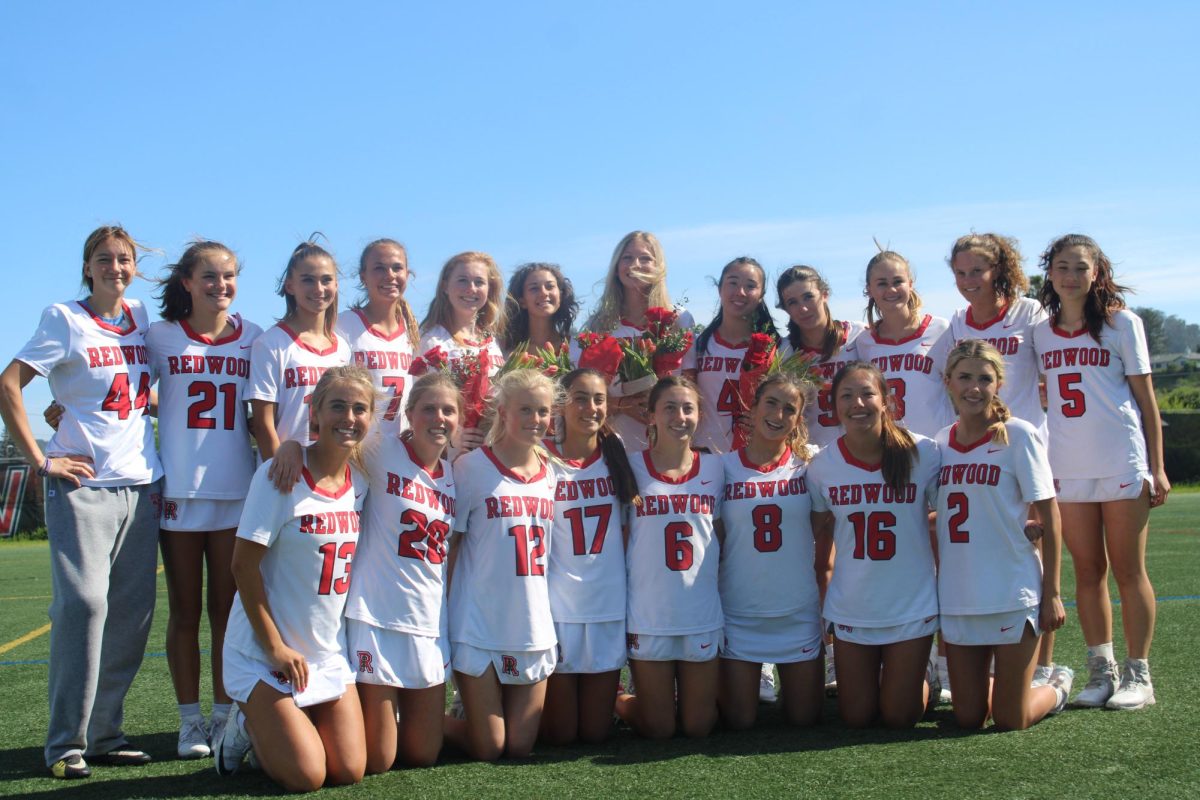There are a series of milestones that occur in a young adult’s life. At 16, it’s getting a driver’s license. At 21, it’s being able to drink. At 18, it’s becoming a legal adult, and more often than not uprooting to a new community and a new life. Oh, and also being able to vote. But that last milestone often seems to disappear in the shiny new ability to buy lottery tickets and sign waiver forms.
It wouldn’t be difficult to argue that voting doesn’t seem to matter much to young adults. After all, only 21.5 percent of young adults aged 18 to 29 voted in the 2014 midterm elections, according to Census data. And Pew Research found that of the over 40 percent of Americans that don’t vote, roughly a third are younger than 30.
In San Francisco, however, a new proposal seeks to combat this apathy. San Francisco citizens will get the chance to vote in November on a measure that would allow 16 and 17-year-olds to vote in city elections, after the Board of Supervisors voted 9-2 in favor of the bill with the support of the S.F. Board of Education. This measure has the potential to get teens involved in politics and engaged in their local communities.

The seeds for a lower voting age on local measures have already been sown in our backyard. In 2015, the Fairfax town council considered a similar measure that would lower the voting age to 16. Nothing resulted from the consideration, but the idea was at least on the table. There’s nothing stopping us from starting a similar campaign in Larkspur or Corte Madera or Tiburon or anywhere, really. In recent years, the voting age has been lowered in Austria, Scotland and many cities across the U.S., so why not in a small town in Marin?
And it’s not a question whether Marin teens will vote in local elections: it’s a certainty. A 2015 Bark survey found that 60 percent of Redwood students would vote in a local election if given the chance. Compare that with the voter turnout of the local election in Marin in November of 2015―38.6 percent.
So it’s not that teens don’t care about politics, it’s just that they are ushered into the political system at a time of great upheaval in their lives. Most 18-year-olds are off in college during their first or second elections. They suddenly find themselves in a new community with new values that they are beginning to figure out. And so, absorbed in campus culture and focused on adjusting to a new city, college students might be too busy, or not comfortable enough, to involve themselves in local politics.
On the other hand, if teens are able to vote in local elections starting at 16, they can feel comfortable participating in the political system of a place they know well while having a firm grasp of the issues at hand.
Young adults who vote at age 16 could form a habit, and continue their involvement in politics and voting far beyond their teenage years. A study from Duke University found that turnout is a habitual action and that people who repetitively vote are more likely to continue in coming years. This means that the teens who vote in local elections at age 16 are more likely to do so at age 18, age 35, age 50 and so on, slowly creating a generation and a culture that cares about local politics.
Despite claims otherwise, teens aren’t the impressionable and undereducated group they are made out to be. If given the responsibility of voting, teens would likely educate themselves regarding issues on the ballot and become more involved in local and state politics.
A study by the University of Edinburgh found that over 40 percent of young people aged 16 and 17 in Scotland have different voting intentions than their parents. What teens see on the ballot could connect to their Government or Economics classes and further their understanding of the political system. The Voting Rights Act of 1965, which is still in effect, states that anyone who has completed sixth grade in the US “possesses sufficient literacy, comprehension, and intelligence to vote in any election”. If passing the first year of middle school is the standard for being educated enough to vote, then today’s 16 and 17 year olds are easily overqualified.
The time’s long past overdue to lower the voting age.
After all, if we can trust 16 year olds to drive moving vehicles, taking the lives of others into their hands while operating expensive and dangerous machinery, then certainly we can trust them to be responsible enough to cast a ballot in Marin.


















